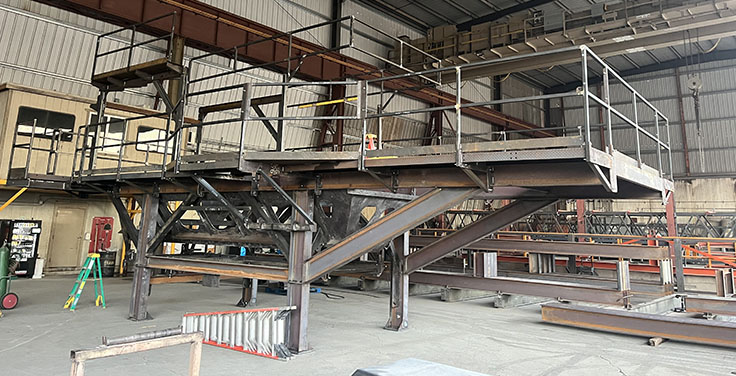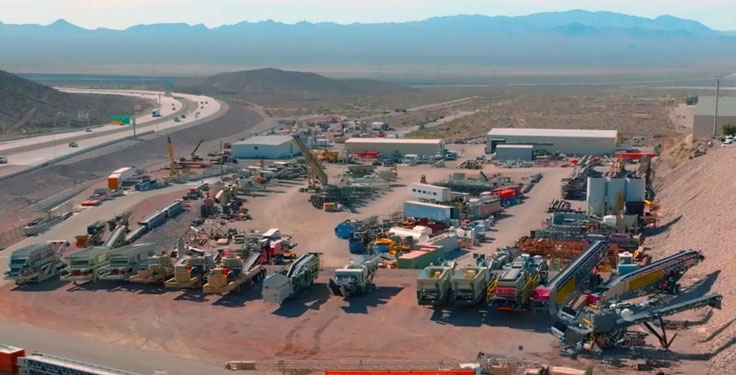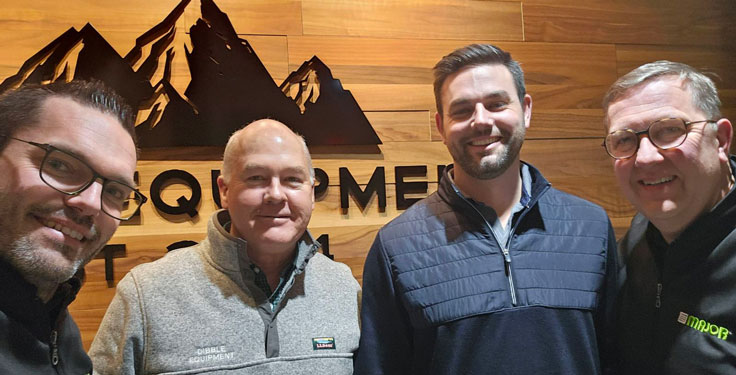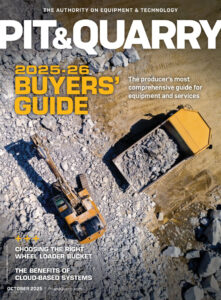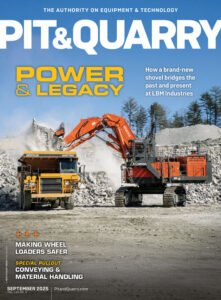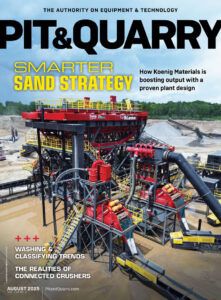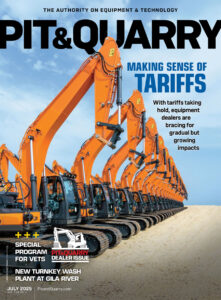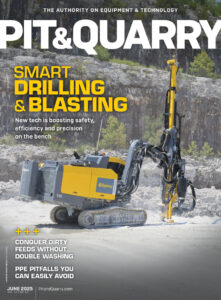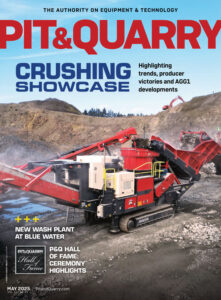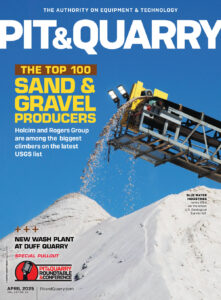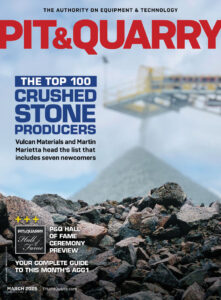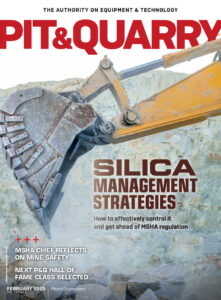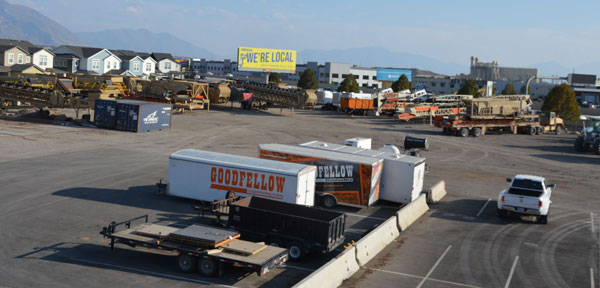
Additionally, because Goodfellow works closely with customers on engineering and design, it’s gathered intelligence that has enhanced its own standard offerings.
Baron points to one recent case study to illustrate this point.
“We had a customer in Arizona in the last month who came in and said: ‘I want to design a chassis for a screen,’” Baron says. “’But we don’t want your cookie-cutter design. We want our design.’”
Goodfellow’s engineering team worked directly with the customer, and the company built something specific as a solution.
“In fact, we learned enough about some of the things that they liked that we want to incorporate it in some of our standard designs,” Baron says. “That’s how we continue to evolve and elevate our products to serve the market.”
Now, he says the general market stands to benefit from that collaboration.
“We get to pull all of that experience in from four states of end users that have a combined thousands of years of experience, and really fine-tune and customize some of these designs that they like – and share them with the rest of the world,” Baron says.
Goodfellow’s experience with its 36 x 60 stackable conveyor is a case in point.
“Believe it or not, I think we’re on version five of the 36 x 60 stackable – and that’s a cookie-cutter product,” Baron says. “Everybody sells that conveyor. But our engineers are constantly looking for ways to improve the design – not only from a manufacturing standpoint, but just giving the end user options to upgrade it or add to it down the road.”
From Baron’s view, the fabrication work Goodfellow offers adds to the company’s partnership with Astec.
“The Southwest is a growing market,” Baron says. “We sell an enormous amount of cone crushers, screenboxes [and] jaws. We’re constantly buying equipment. We’re gaining market share because of that flexibility.
“We’re selling these custom plants because people get what they want,” he adds. “That translates into more sales on the cones, the screens, the jaws – all of those key pieces of equipment that are part of the equation.”
Going the distance
Baron, of course, recognizes that Goodfellow isn’t the only dealer in the U.S. offering some level of equipment customization. He argues that Goodfellow takes fabrication to a level not seen elsewhere.
“There’s a lot of innovation across the board,” Baron says. “But one thing that stands out with us is that you can sit down with an engineer at Goodfellow and say: ‘I want to do these things’ – and you’ll get exactly what you’re asking for.
“With some of our competition, [customers] will get a version of what they’re asking for,” he adds. We’re not going to put the screws to the end user and charge an exorbitant amount of money for those asks, either. If it’s just a version of a standard design, we charge a nominal fee.”
Ultimately, Goodfellow’s aim is to provide customized solutions as a means to enhance its relationships with customers.
“Our goal is to build a long-term relationship where that channel is open for decades,” Baron says. “We want a customer to say: ‘We’re going to go with Goodfellow because of their willingness to work with us and give us what we’re asking for at a fair price and in a reasonable amount of time.’”
Related: How lead times are faring midway through 2024

